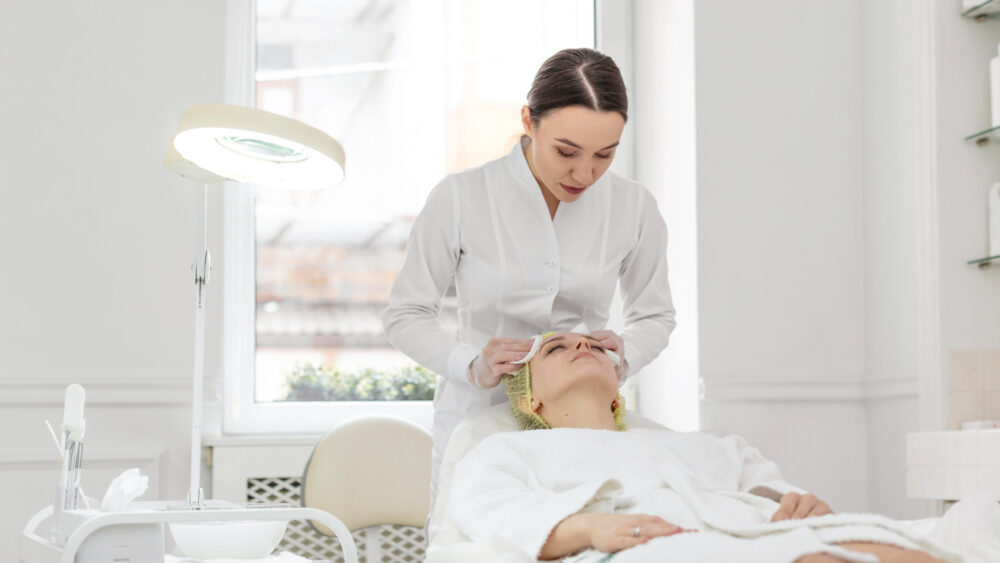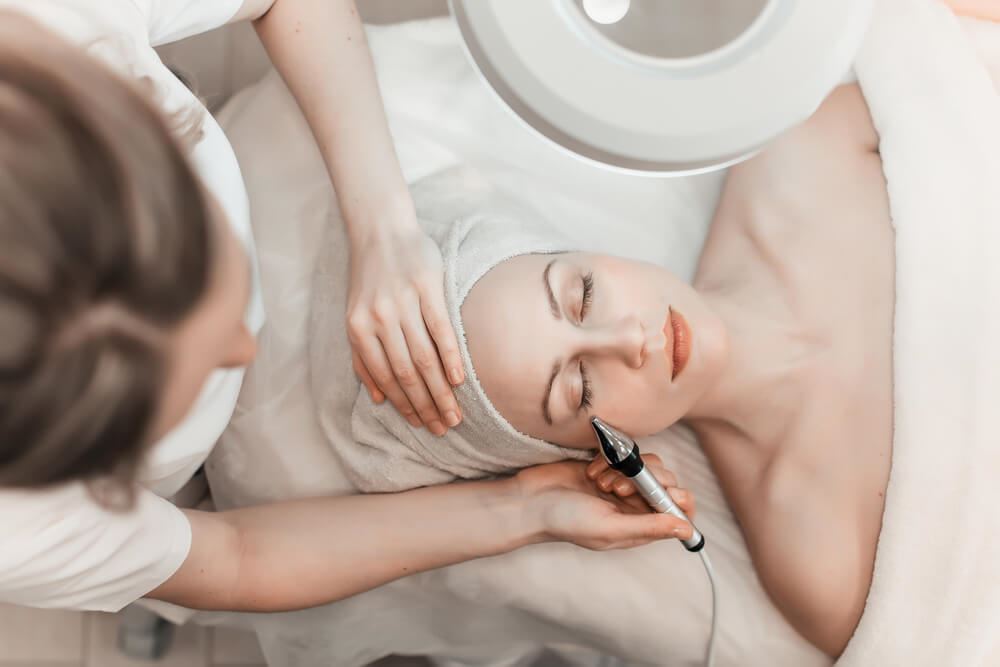MSO Model for Med Spa Success: Structuring a Legally Compliant Med Spa Explained
As non-invasive cosmetic procedures continue to shape the modern wellness market, medical spas are becoming increasingly popular business ventures. Yet, beneath the surface of every successful med spa lies a critical decision: how the operation is legally structured. In states like Texas and California—where strict rules govern who may own and operate medical entities—the mso model for med spa has emerged as the preferred blueprint for ensuring compliance while enabling sustainable growth. For healthcare professionals and entrepreneurs alike, understanding the mso model for med spa structure is essential to launching a compliant and scalable med spa.
What is an MSO—and Why Do Med Spas Need One?
At its core, a Management Services Organization (MSO) is a non-clinical entity that oversees the business side of a healthcare practice. In a med spa context, the MSO handles everything that isn’t directly tied to patient care—marketing, HR, billing, scheduling, and day-to-day administration. Meanwhile, a separate clinical entity—typically a Professional Corporation (PC) or Professional Association (PA)—is solely responsible for delivering medical services. This division isn’t just for efficiency—it’s a legal necessity. Many states enforce corporate practice of medicine (CPOM) prohibitions, which bar non-physicians from owning or controlling medical practices. The mso model for med spa provides a compliant workaround: business professionals can participate in and profit from a med spa without interfering in clinical decision-making.
The Dual Entity Structure: Dividing Ownership and Responsibilities
In a compliant med spa setup, two distinct entities operate in tandem:
The Clinical Entity (PC or PA): Owned by licensed medical professionals (e.g., MDs, NPs, PAs) in accordance with state law. Oversees diagnosis, treatment, and supervision of patient care. Holds responsibility for clinical protocols, licensure, and liability.
The MSO: May be owned by non-licensed individuals (e.g., business partners, spouses, investors). Manages administrative operations, including marketing, leasing, IT, and payroll. Earns revenue through a contractual agreement with the clinical entity.
This mso model for med spa creates a firewall between clinical authority and business operations, helping med spas stay compliant while offering flexibility in team structure and revenue distribution.
Revenue Strategy: Multiple Roles, Multiple Income Streams
The mso model for med spa allows clinicians to wear several hats—each with its own income potential. For example, a nurse practitioner could be: a clinical provider earning a salary for patient services; a minority owner in the clinical entity receiving profit distributions; a co-owner of the MSO, sharing in the business’s profits; a manager of the MSO, earning an administrative salary.
This flexibility enables diversified income streams while maintaining compliance. However, payments from the clinical entity to the MSO must reflect fair market value. Excessive payments—especially if tied to referral volume or net profits—can violate anti-kickback or fee-splitting laws.
Avoiding Compliance Pitfalls
Despite its popularity, the mso model for med spa must be implemented carefully. Legal risk increases when: non-clinicians attempt to influence medical decisions; management fees are based on clinical profit, not services rendered; agreements between the MSO and PC lack clarity or proper documentation; providers operate outside their licensure scope or delegation agreements.
States like California have particularly strict enforcement of CPOM principles. For example, even the clinical treatment room must remain under the exclusive control of the licensed provider—not the MSO. Similarly, only certain professionals (e.g., MDs, NPs, PAs) can conduct initial patient exams in advance of procedures, and supervisory requirements vary by provider type.
Scaling the Model: From Single Spa to National Brand
For entrepreneurs with a vision beyond one location, the mso model for med spa is also ideal for scaling. While clinical ownership must remain in the hands of licensed providers (and vary based on each state’s rules), the MSO can replicate its structure and branding across multiple locations. A well-structured MSO can offer consistent marketing, tech infrastructure, vendor contracts, and staff training—while each clinic remains locally licensed and operated.
Franchising, licensing, and co-ownership models are all possible within this framework—but only when properly reviewed and tailored to local laws.
Legal Considerations Before Launch
Before forming entities or signing agreements, it’s essential to address several foundational issues: What are your state’s CPOM rules? Which provider types can legally own or co-own a PC? How much autonomy do nurse practitioners have under local regulations? What level of supervision is required, and who provides it? How will compensation be structured to avoid compliance violations?
Answers vary widely depending on the state, the services offered, and the backgrounds of the stakeholders. Without legal guidance, even well-intentioned setups can expose providers to disciplinary action, contract disputes, or loss of licensure.
Conclusion: Build With Confidence, Not Assumptions
The med spa industry offers tremendous business opportunity—but only when built on a solid legal foundation. The MSO model enables clinicians and entrepreneurs to collaborate, scale, and profit—without compromising legal integrity. Yet with complex regulations and high stakes, the smartest investment is often a legal one.
At Dike Law Group, we help med spa owners across Texas establish compliant business structures, draft enforceable agreements, and navigate the intricacies of healthcare regulations with confidence. Our team understands the unique challenges of blending medical care and business—and we’re here to guide you every step of the way.
If you’re ready to align your med spa with Texas ownership laws and build a resilient, scalable business, schedule a consultation with our legal experts to discuss your goals and compliance needs.
For ongoing insights and updates, follow Dike Law Group on Instagram, LinkedIn, YouTube, TikTok, and Facebook, where we share practical advice for healthcare and med spa operators.





